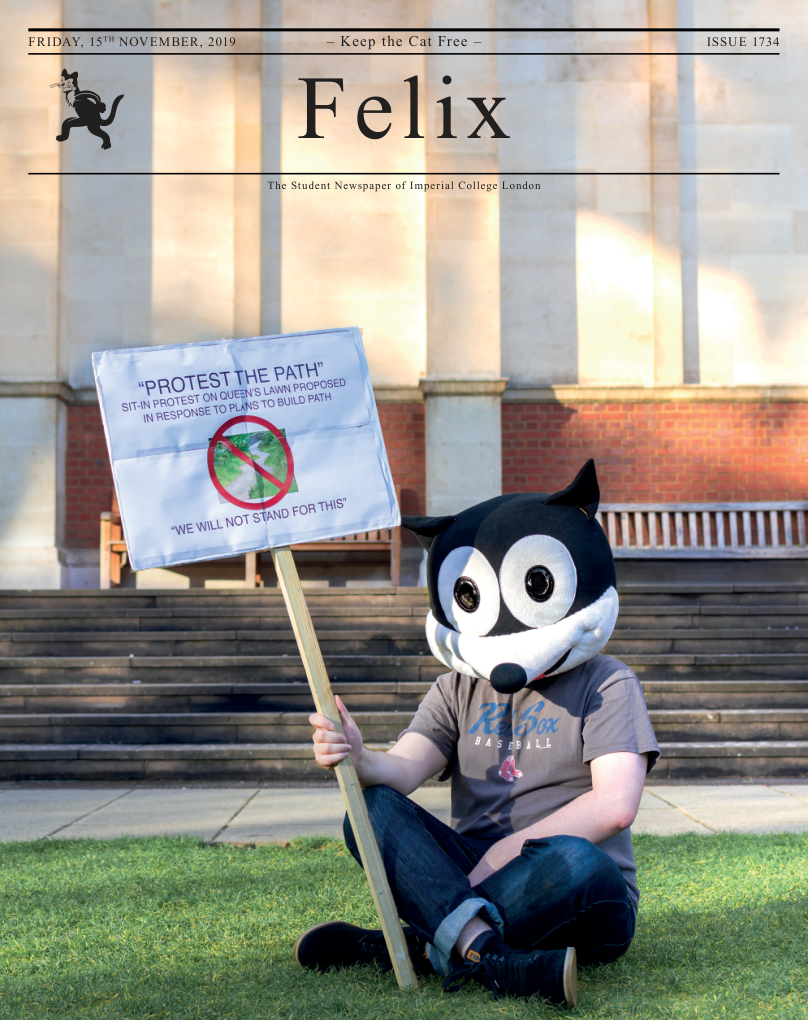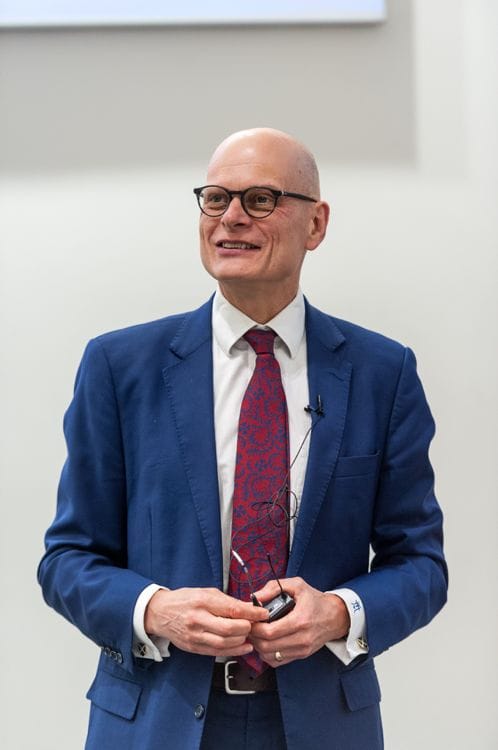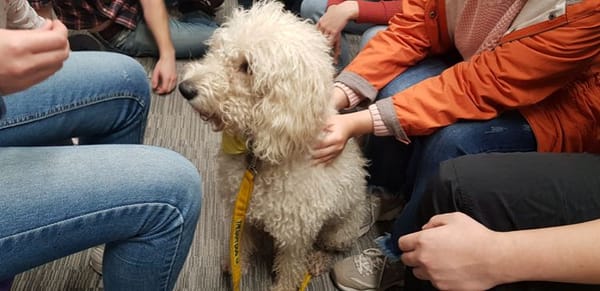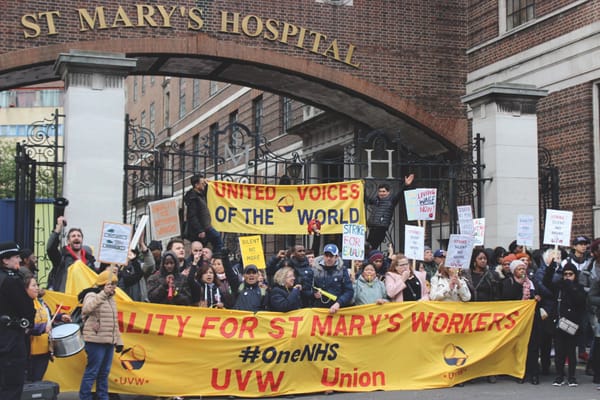Felix Reports: Second Union Council
The second Union Council of the year met on 5th November to discuss policy and hear reports from sabbatical officers and constituent union Presidents
As a reminder of the purpose of Council: the Council is the highest democratic decision-making body in the Union, at which the full-time Officer Trustees (OTs) and key student volunteers put policies into place, address ongoing issues by submitting and discussing papers, and receive updates from the OTs on their activities to hold them accountable.
The focus of this report is discussions around the policies and reports that are not accounted for in the submitted papers and reports – these are visible online.
Policy Reform Motion
First, the bureaucratic mess that is Union policy.
A motion was put forward regarding the restructuring of how policies are put into place via Council – specifically, this was instigated by the fact that all but one of the Union’s policies had technically ‘lapsed’ and thus were no longer actually policies. In other words, prior to this Council, the Union had only one active policy total.
The amount of time it would take for Council to manually move through and vote whether to refresh or dismiss every single expired policy would be unproductive – and so the proposal was that this task be delegated to various subcommittees of Council, where a policy falls under their specific remit. Of note is the fact that the decisions on policy made by subcommittees does not have to then be approved by Council – in other words, a smaller body of representatives are making decisions on Union policy unless the policy is “radical”. Who decides whether the policy needs to go to Council or a subcommittee appears to be the policy proposer themselves.
While this shifts power downwards from Union Council to various stakeholders, in some sense improving the democratic process, it also poses risks to democracy by removing the process of a full democratic vote from all Council representatives on each issue.
Additionally, many things which were once instigated as policies have instead been moved to being ‘actions’ – in other words, it will no longer be a full Union policy for a specific person to do a specific thing.
The motion was passed by the Council.
Proposal for an Elected Postgraduate Trustee
Currently, the Board of Trustees – a body which oversees the whole of the Union and has student, sabbatical officer, and external members – has no postgraduate representation, as the elected trustees are often undergraduates. The debate opened with the motion that there should be a specific postgraduate representative on the Board.
The issue presented by some Council members is that this poses a conflict of interest, as Board of Trustee members are theoretically meant to consider the benefit of all students – not to represent a specific group (such as postgraduates) – although this is not actually detailed in the constitution or bye-laws. Should one member have a specific remit for postgraduates, and the others be considering the needs of all students, this leaves an imbalance.
Various suggestions were offered – such as having both an elected postgraduate trustee and an elected undergraduate trustee, or compensating for overrepresentation of elected undergraduates on the Board via the appointed trustees. A suggestion offered on the paper was for the postgraduate trustee to be the President of the Graduate Students’ Union (GSU), which is a part-time sabbatical role.
Particularly spicy were comments offered that if postgraduates do not run, or postgraduates do not vote, for elected positions then it is because they do not care enough about the Union. This was fiercely rebutted by postgraduate representatives at Council.
This then span into discussion of whether this was a “heavy-handed” way of dealing with the problem of postgraduate involvement, and a symptomatic treatment rather than dealing with the root of the problem.
As a result, the Council did not approve the motion – a defeat for the Union President on the first paper brought to Council this year.
Election of Subcommittee Members
Various members of Council nominated themselves for different subcommittees; the resulting elected members will be visible online.
Reports
Due to time pressures, most reports were described simply as “as tabled”, and the floor was opened for discussion.
Of note were comments made during the GSU report about postgraduate engagement, which is a matter being looked into throughout this year. Additionally, financial matters were raised – specifically that ringfenced funding is often useless when it does not match with the actual strategy and direction of the GSU.
Additionally, the DPCS confirmed that transport strategies to the Harlington sports grounds are currently being worked on by the Activities team in the Union.
Finally, a report was made about the proposed path on the Queen’s Lawn – which is further discussed within the News section of Felix this week.







